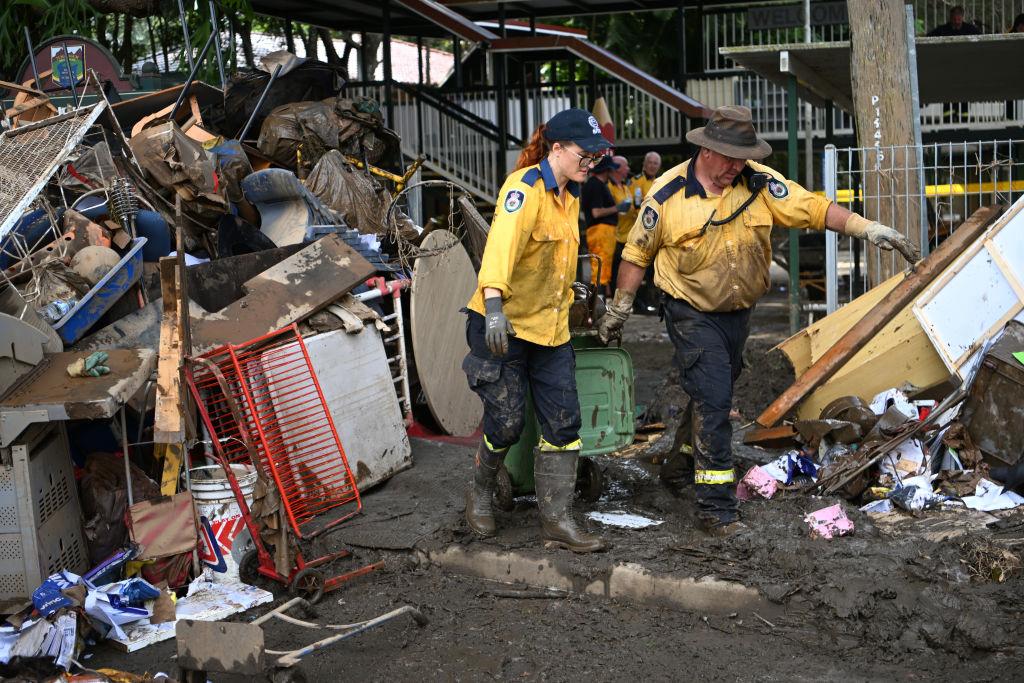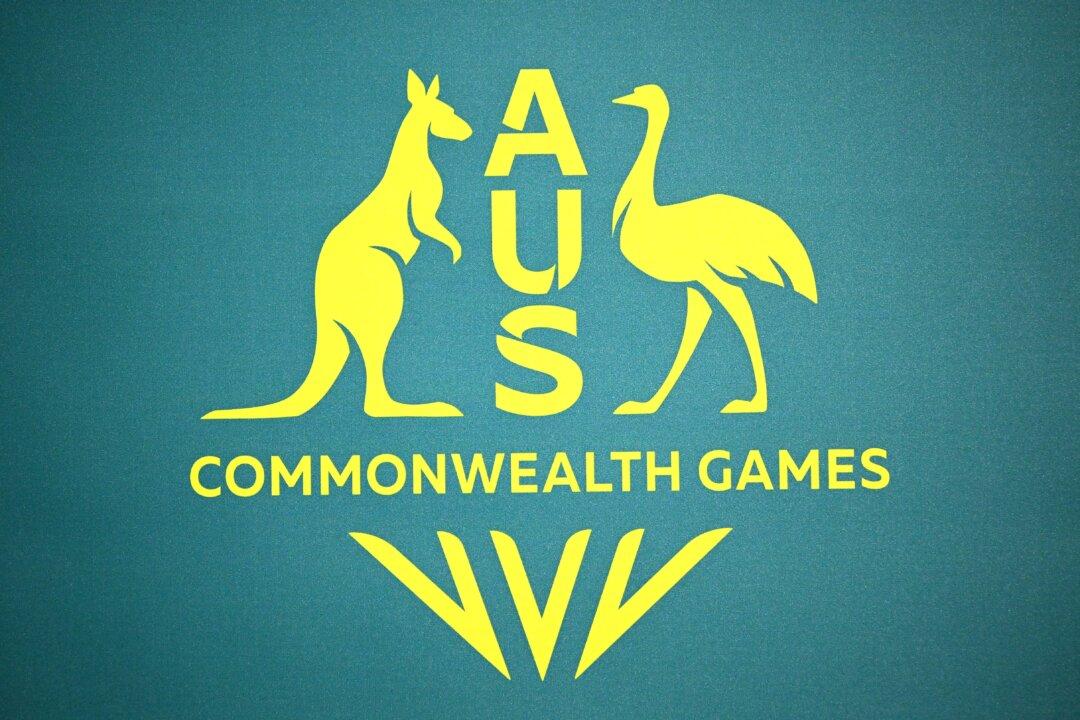New Zealand Prime Minister Jacinda Ardern met with Chinese leader Xi Jinping on Nov. 18 to discuss regional issues and cooperation at Bangkok’s Mandarin Oriental Hotel on the sidelines of the Asia-Pacific Economic Cooperation (APEC) forum.
Ardern said the meeting, in which New Zealand raised concerns about human rights and tensions with Taiwan while expressing interest in a trade visit to China, was “constructive,” with a possible visit to Beijing to follow.





